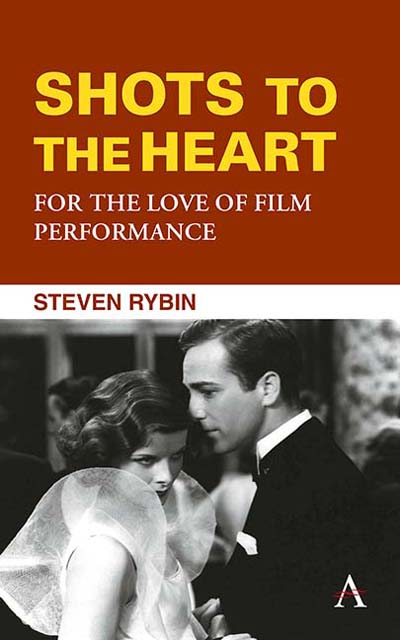Summary
Anna (Isabelle Adjani) is having an affair. Her husband, Mark (Sam Neill) has hired a private investigator (Carl Duering) to follow her. This is the outline of a very familiar narrative situation, but the cinematic proscenium created by Andrzej Żuławski's Possession (1981) cracks convention apart, freeing the film and the performances to thrive on edges and fissures. Isabelle Adjani's performance dances on Żuławski's aesthetic as if it were broken glass, her characterization of a damaged, and damaging, woman jaggedly in tune with the filmmaker's discordant style. Żuławski catalyzes this dance between auteur and actor, his reputation as a filmmaker who brings his actors to the brink of physical and psychological exhaustion metaphorized in his cinema through the occasional tracking-forward of the camera toward the body of the performer, as if pressing against her. And this is how the confrontation between Anna and the investigator who has tracked her down to her hiding spot in a dilapidated apartment begins: as he enters, claiming he is there to check up on the windows, the camera tracks along to meet him at the door, eventually revealing Adjani on the right side of the frame, standing still against the side of the wall. A cut to a frontal shot of Adjani, the camera slowly and persistently pressing toward her face as she expresses wild-eyed, gaping fear. The camera in this scene is not quite assuming the detective's perspective; at two points during this moment, Żuławski will cut away from this frontal shot, which presses ever more intensely to an eventual close-up of Adjani's anguished expression, to a pair of shots, taken from different sides of the wall, in which the camera describes a half-circle around the pair as the detective moves closer to Adjani. Arranged this way, the cutting links the moving camera with the invasion of a private space, but only loosely, reminding us that the real dance here is not between Anna and the investigator, not even between Adjani and Duering, but between Adjani and the surrounding form of the film. The filmmaking choices generate a sense of a shattered world, one that can only be glimpsed through sudden changes in angle and unexpected framings, a world within which Adjani's Anna, ill-suited to the domesticity from which she has fled, can breathe and thrive.
- Type
- Chapter
- Information
- Shots to the HeartFor the Love of Film Performance, pp. 35 - 40Publisher: Anthem PressPrint publication year: 2022



